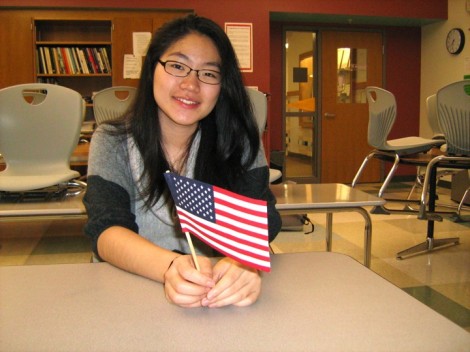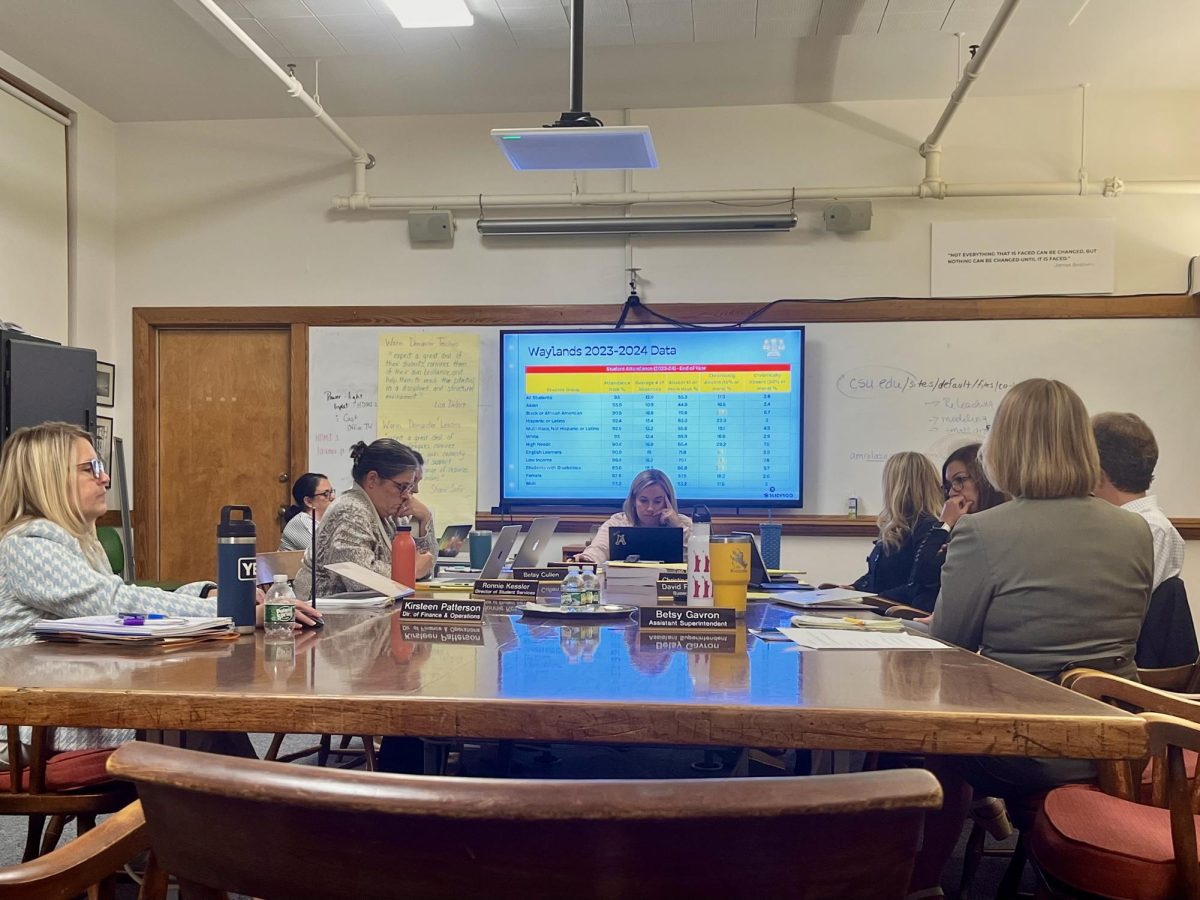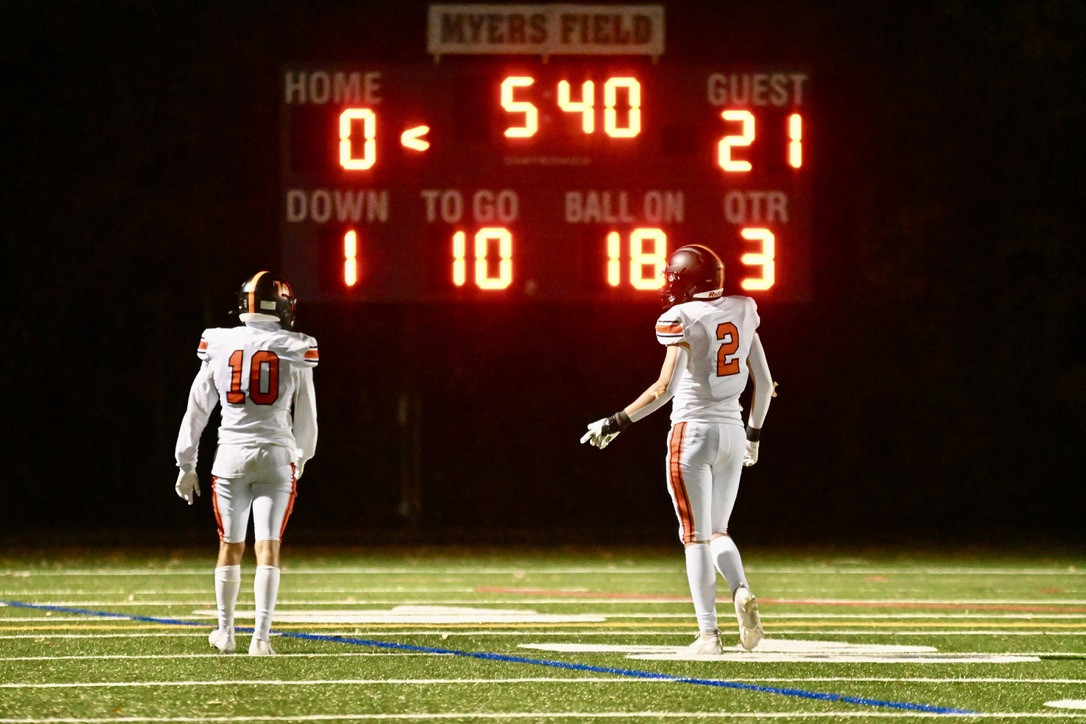
Senior June Kim entered the office of the Immigration and Naturalization Service (INS) on December 28, 2011 to take a short test her that would determine her United States citizenship status.
After living in the US for the past six years, Kim decided to become a US citizen because she felt that it would benefit her life after college. Kim successfully completed the INS Citizenship Test and was awarded citizenship shortly after.
“There wasn’t much immediate change besides a whole lot of paperwork to do,” said Kim.
After taking Advanced Placement United States History (APUSH), Kim felt prepared for the test and admits to having only studied for it the night before taking it.
The citizenship test is composed of four sections. The first three sections test the applicant’s ability to speak, read, and write in basic English. The fourth and most famous section is a civics test, in which applicants are questioned about American history and government. Before the test, applicants can review a pool of 100 questions, from which 10 are drawn. To pass the test, applicants must answer six of the 10 questions correctly.
“It felt like trivia,” Kim said. “I answered most of the questions before the interviewer even finished asking.”
Kim’s current status as a US citizen will give her the right to vote and will ensure that any children she has in the future will automatically be US citizens, whether or not they are born in the US.
According to the 2010 US census, 16 million US citizens and an additional 21 million legal non-citizens out of the total US population of 308 million were born in a foreign country.
Of all the foreign born citizens and non-citizens, 2% were from South Korea, Kim’s native country. South Korea is 11th on the list of foreign countries providing the most US citizens.
In 2010, Massachusetts alone had more than 300,000 foreign-born citizens, the 7th highest number of foreign-born citizens in the US.
Kim, the first in her family to become a US citizen, had to give up her Korean citizenship in exchange.
“It was bittersweet,” Kim said. “Even though I know that I won’t be going back to live in Korea, it feels a little strange because I’ve lost that connection with my homeland.”


































,addf • Mar 26, 2012 at 10:18 PM
the homeland!